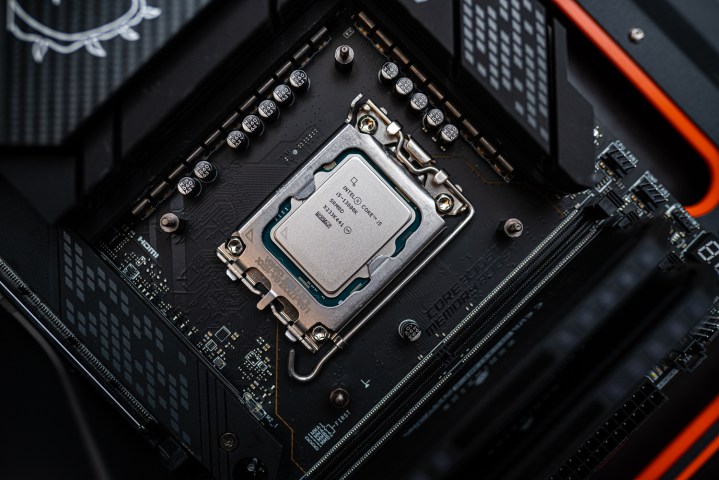
It’s not often that Intel releases an unscheduled patch that applies to nearly every modern processor. But that’s exactly what’s happening this Friday.
As spotted by PCWorld, chips ranging from 2017 to the present 13th generation are listed in the code for the patch, which was posted on the Intel GitHub page. In other words, if you own a relatively new PC powered by Intel, the company thinks you need your system patched.
Nothing is listed that explains the purpose of the microcode, which was originally posted on May 12. Obviously, this has made some people suspicious that Intel was addressing a widespread security concern with the patch.
The good news? Intel responded to the outreach from PCWorld, reportedly providing the following statement over email:
“Microcode 20230512 update released on May 12, 2023, does not contain any security updates and the note, [INTEL-SA-NA], is meant to convey that there are no applicable (Not Applicable) security updates in the package. The microcode update includes functional updates only (also documented in product erratum).”
As you’ll notice, the statement from Intel doesn’t actually explain the nature of the patch — but does clarify that it’s not security-related.
That should, however, reassure us that we don’t have another Spectre and Meltdown vulnerability on our hands, which affected nearly every PC currently in use. Whew.
Still, we can’t help be curious about what this patch might be addressing. Either way, we may not know the nature of the patch until it gets rolled into a future Windows or motherboard BIOS update, which is typically where these patches from Intel end up.


